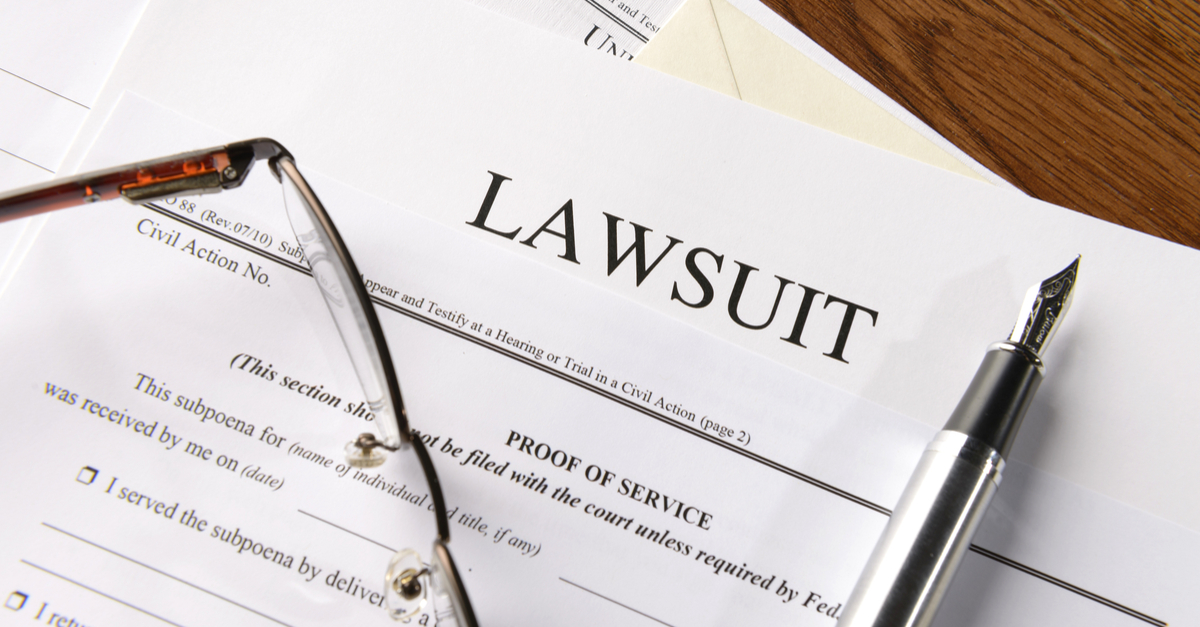Filing A Lawsuit

Filing a Lawsuit
Successfully filing a personal injury lawsuit starts on the day you are injured. While only 4 percent of cases go to court, according to the United States Department of Justice, there is good reason to be as prepared as possible.
From a car accident to an assault case, it’s important to act swiftly when seeking medical and legal help. No two personal injury cases work through the courts the same way, so keeping on top of yours is crucial.
Will Insurance Cover Your Injuries?
After sustaining a personal injury, many questions may be running through your head. How will the medical bills be paid? Who owns the property where I was hurt and do they have insurance to cover my damages? You’re not alone.
Going through a personal injury can be a scary situation, especially with so many unknowns in the equation that are out of your control. One of the most important factors to determine is if who you’re dealing with has insurance. This is crucial because it can determine whether or not you will be able to collect any damages award that you are given.
Statutes of Limitations
Every state has certain time limit that governs the period during which you must file a personal injury lawsuit. These statutes of limitations are different from state to state, so check in with your personal injury attorney on how the law looks where you live.
If you miss the statutory deadline for filing a case, yours will be dismissed before even reaching court. This underscores the importance of seeking immediate medical help, as well as legal assistance in expediting your case through the court system.
Discuss Your Case With a Professional
Your case may be a simple one with insignificant injuries. You may be confident that you can get a satisfactory result on your own. Even if you feel your case falls under these parameters, it’s probably still ideal to seek the advice of a personal injury attorney for an accurate understanding of what you’re up against.
Talking to an attorney doesn’t mean you have to hire one. Many lawyers offer free initial consultations to help you understand your legal options. Additionally, many attorneys work on a contingency basis, meaning you pay nothing unless there is a settlement or judgment in your favor. You go through the process of the claim and settlement, and then dole out the agreed-upon percentage of the award. This engagement is relatively low-risk on your end and ensures the full commitment from your attorney throughout the case’s lifecycle.










Leave a Reply
Want to join the discussion?Feel free to contribute!